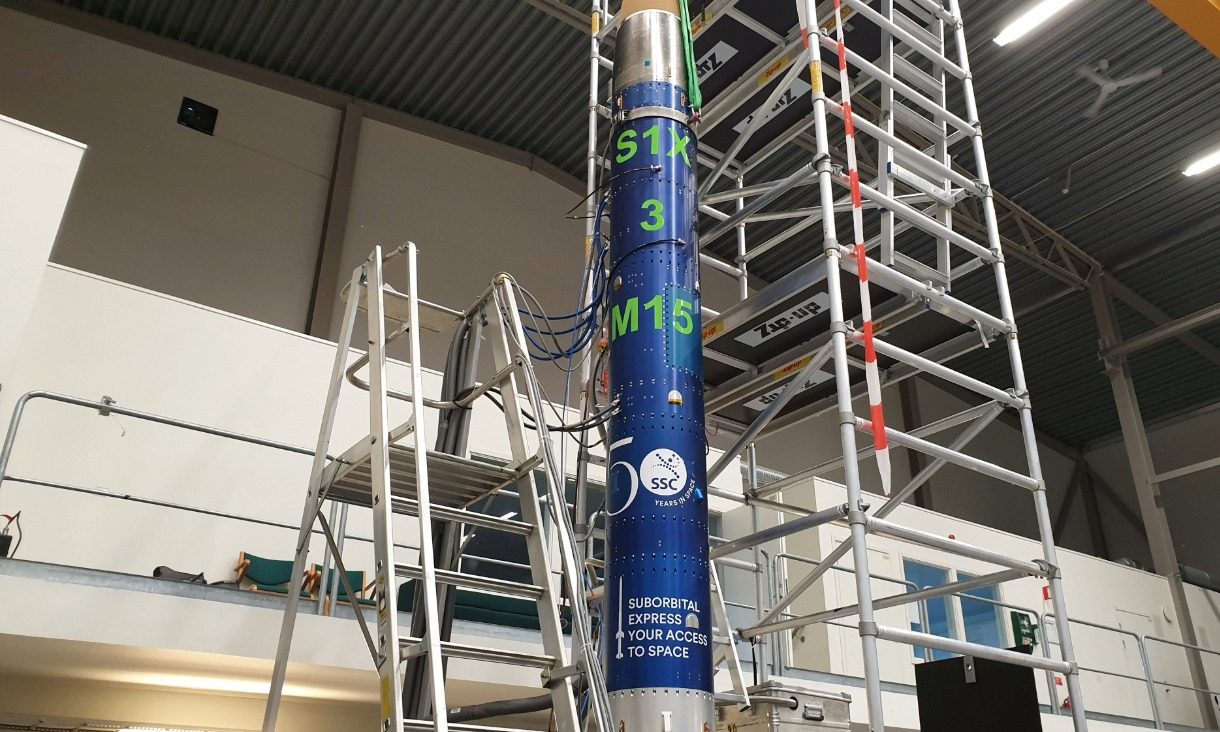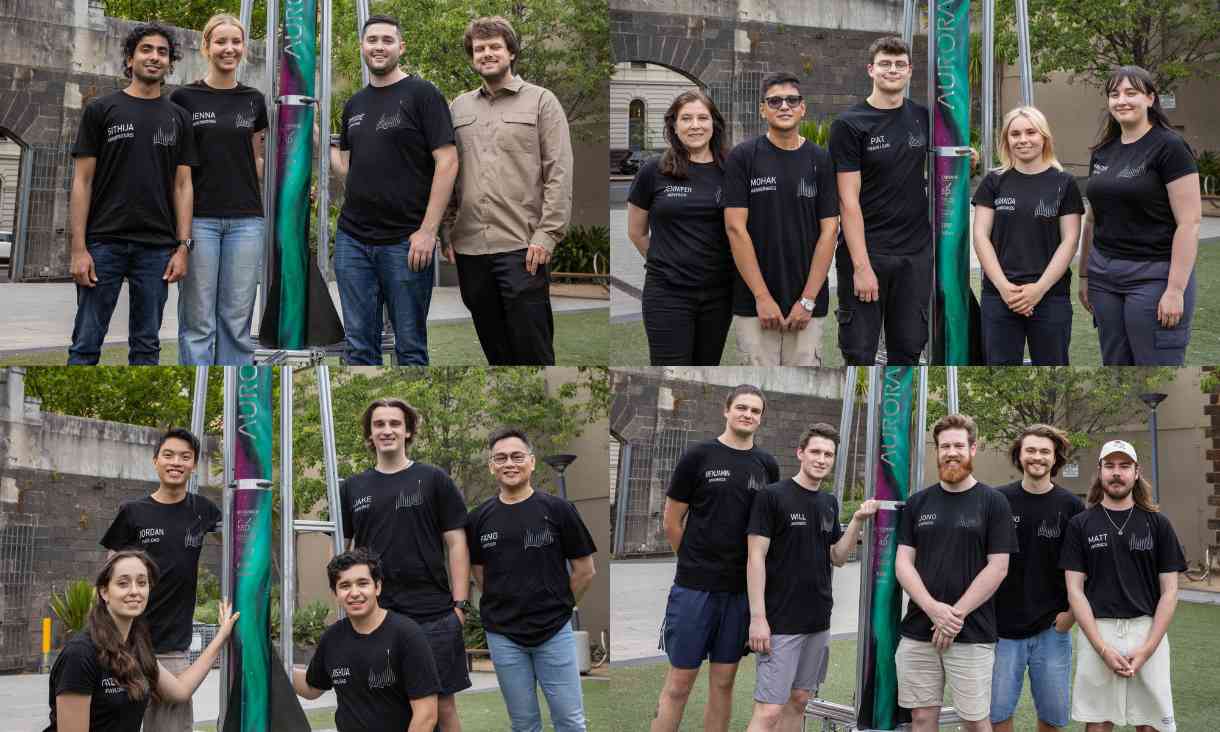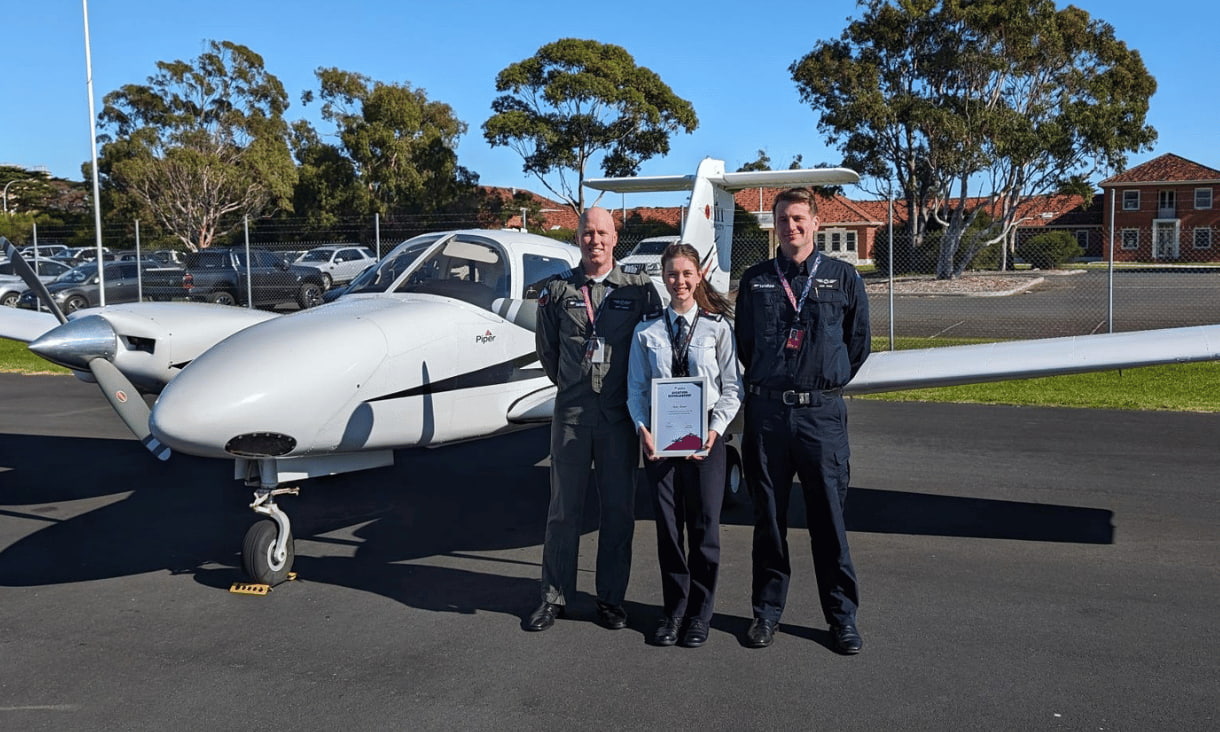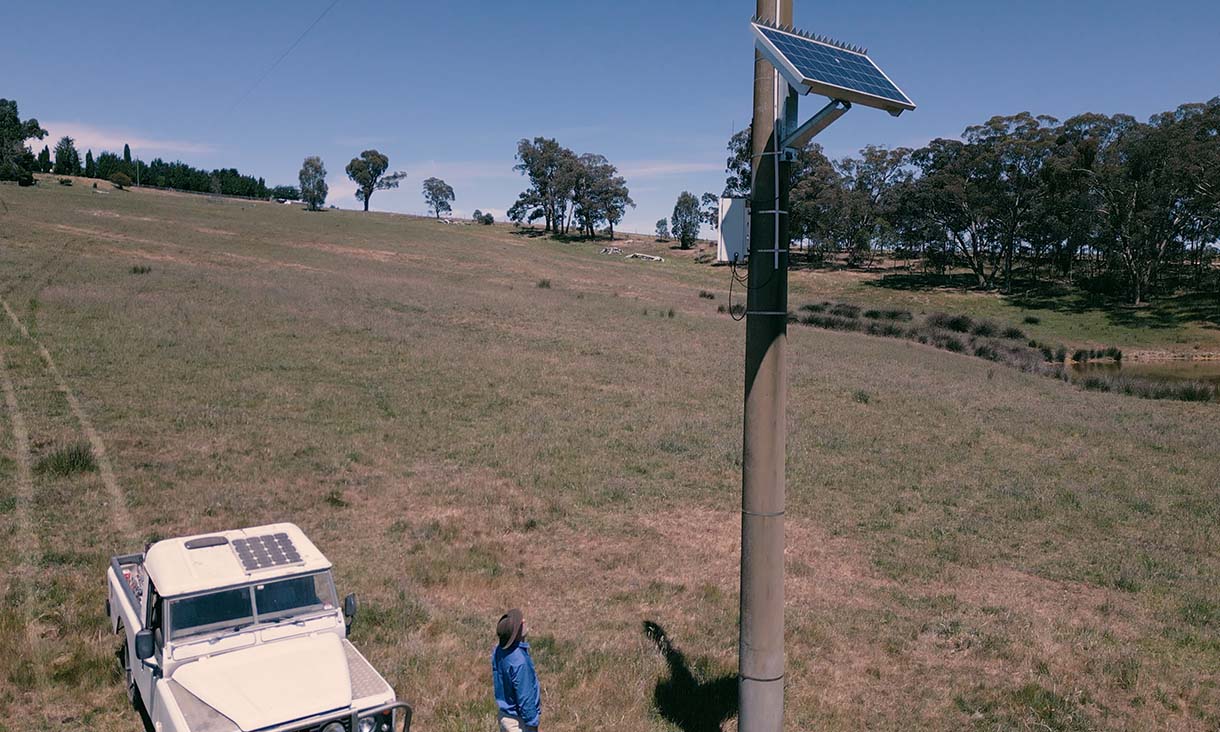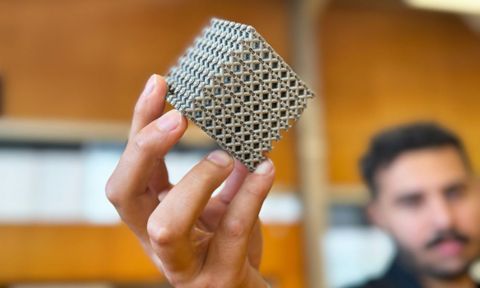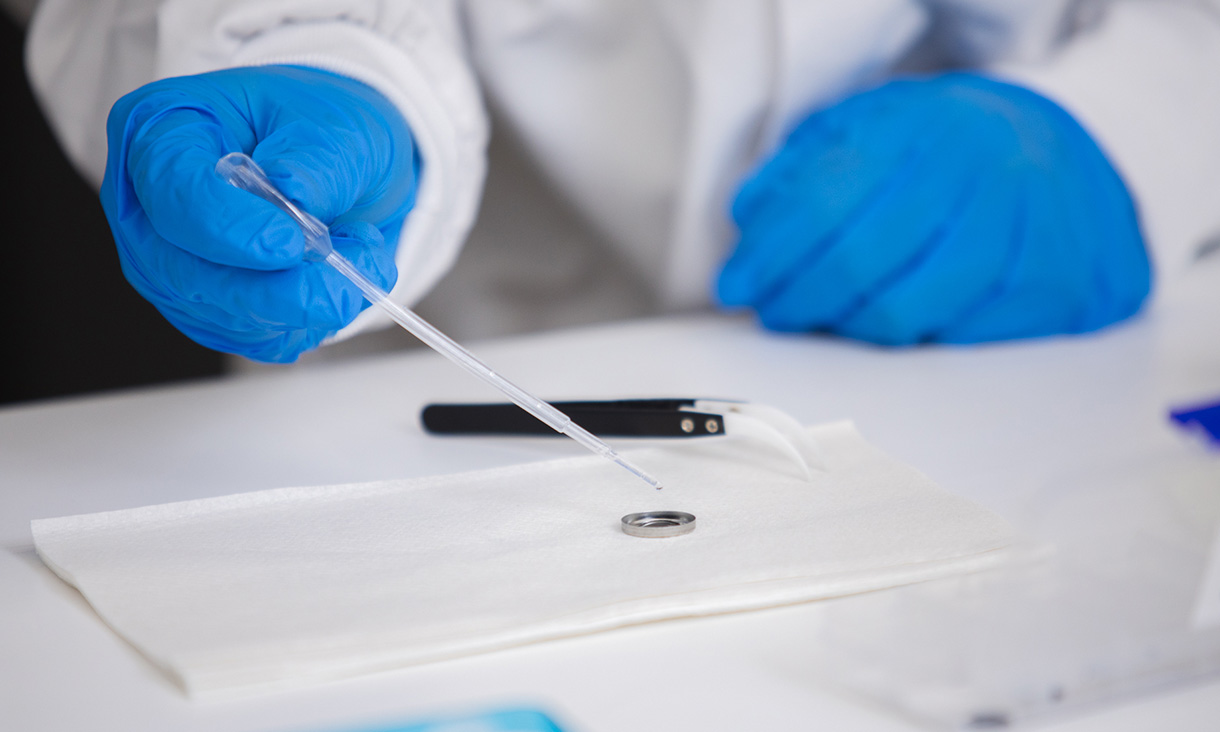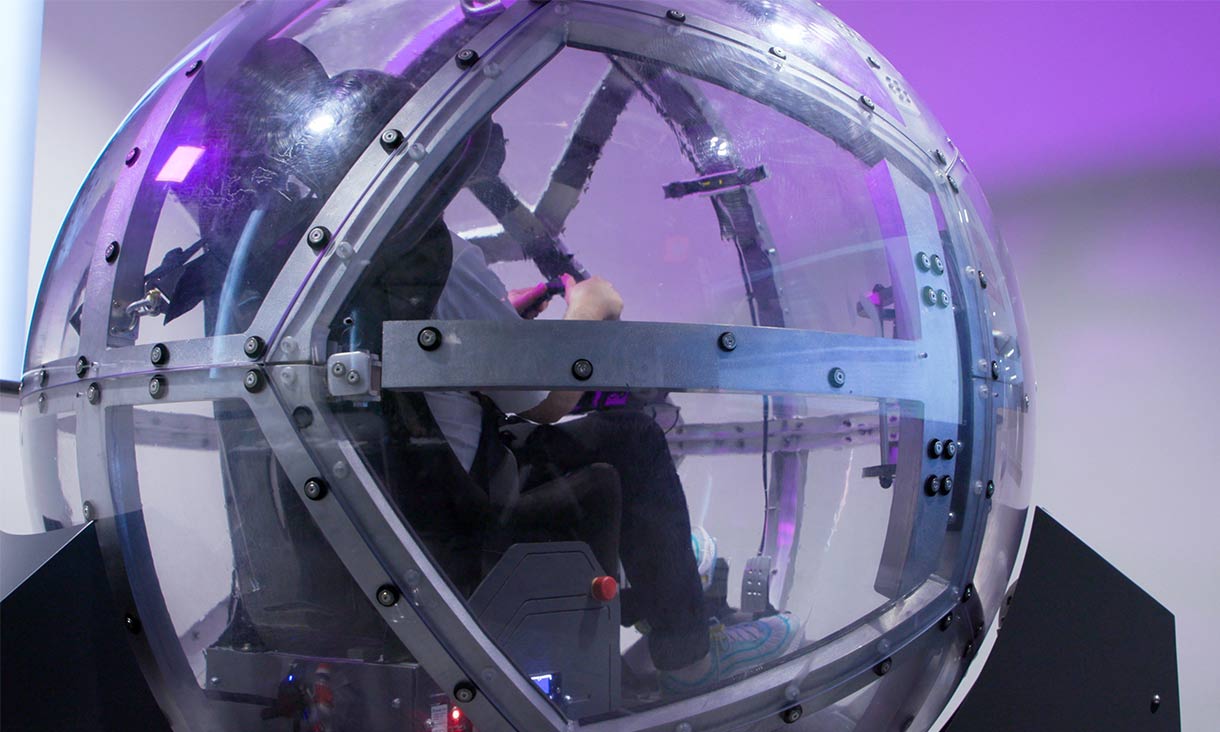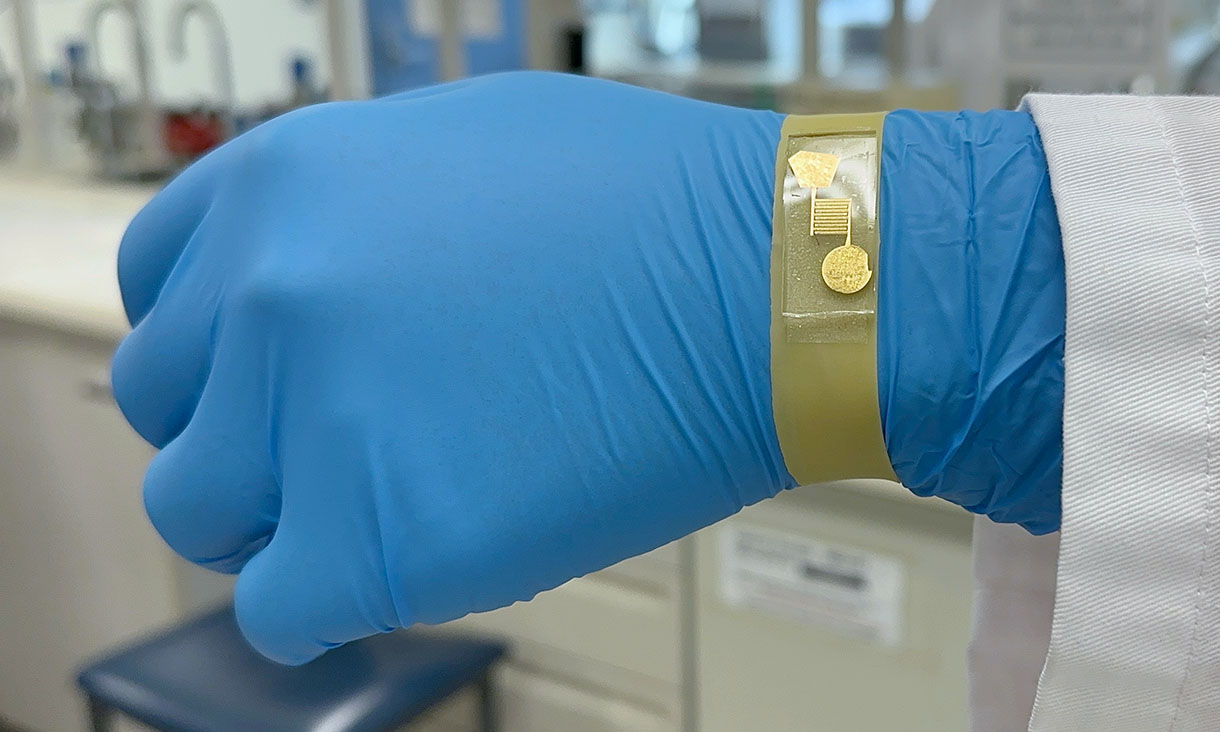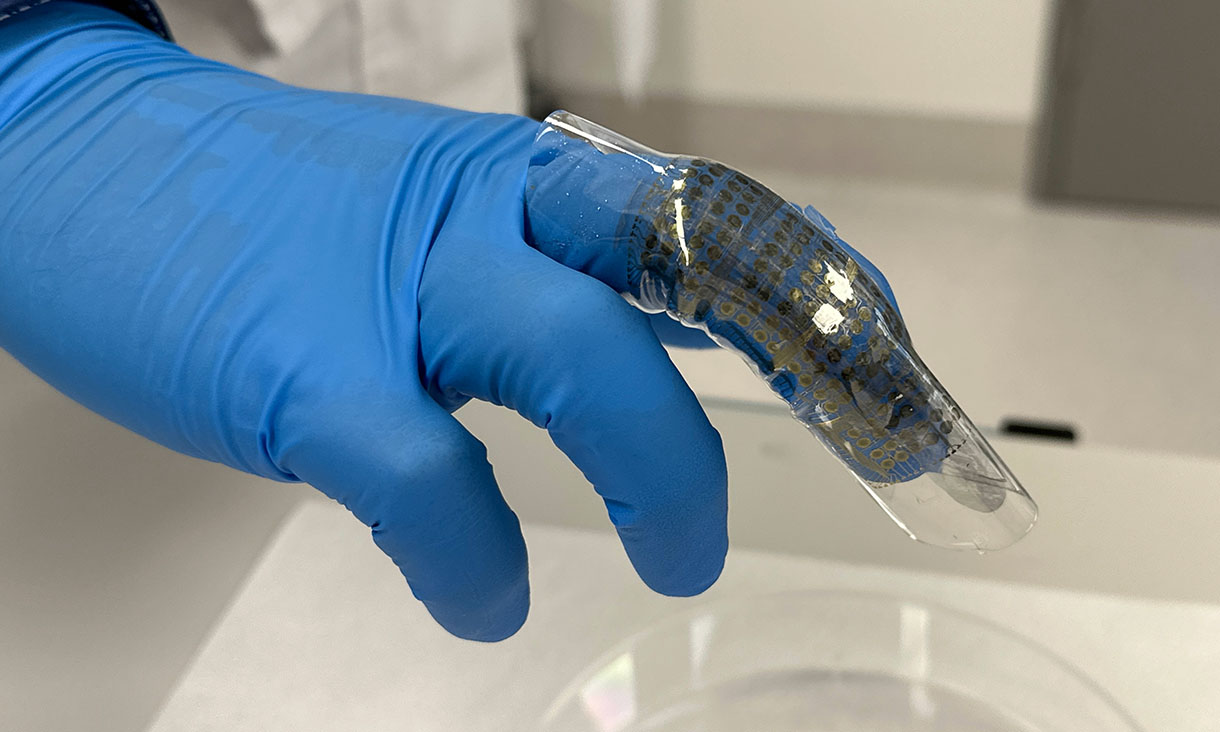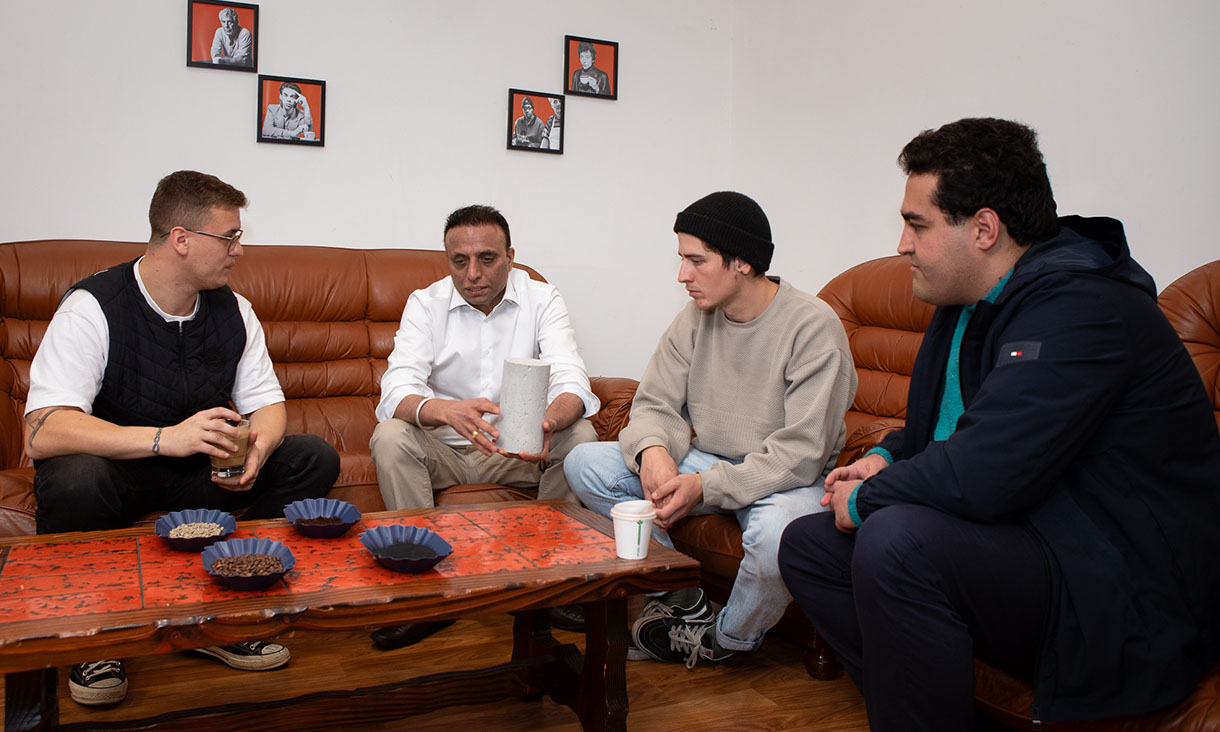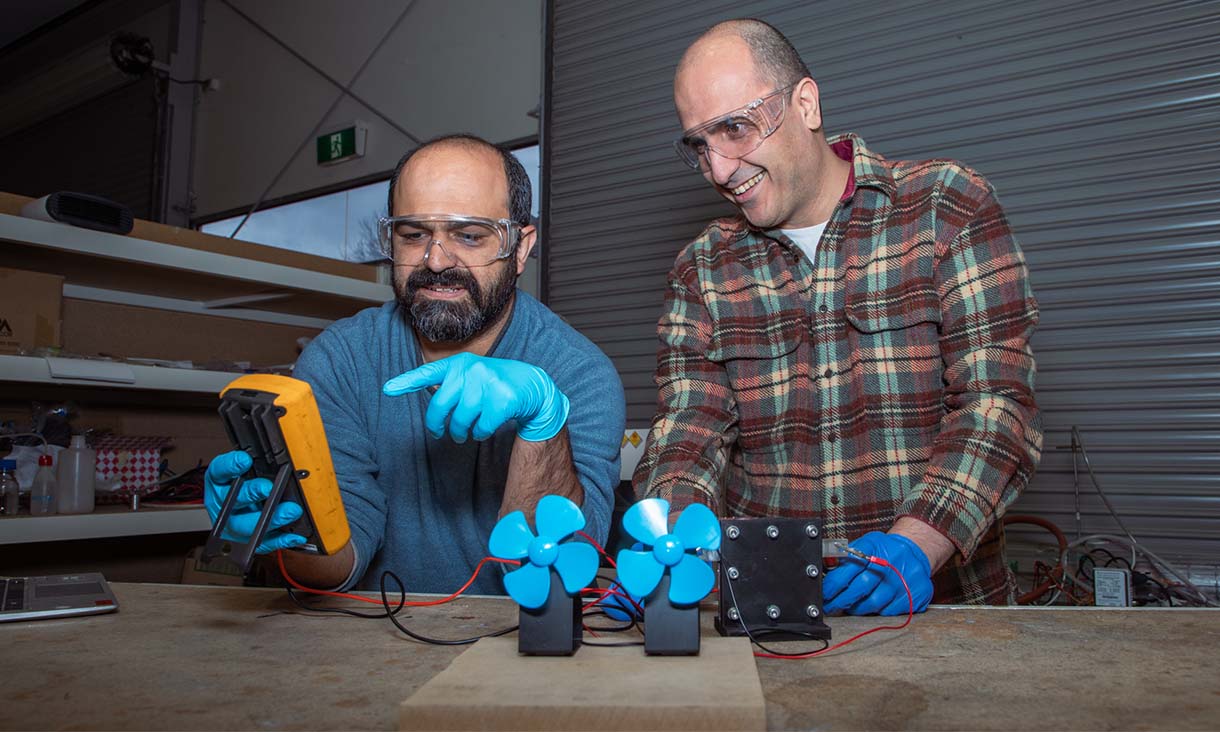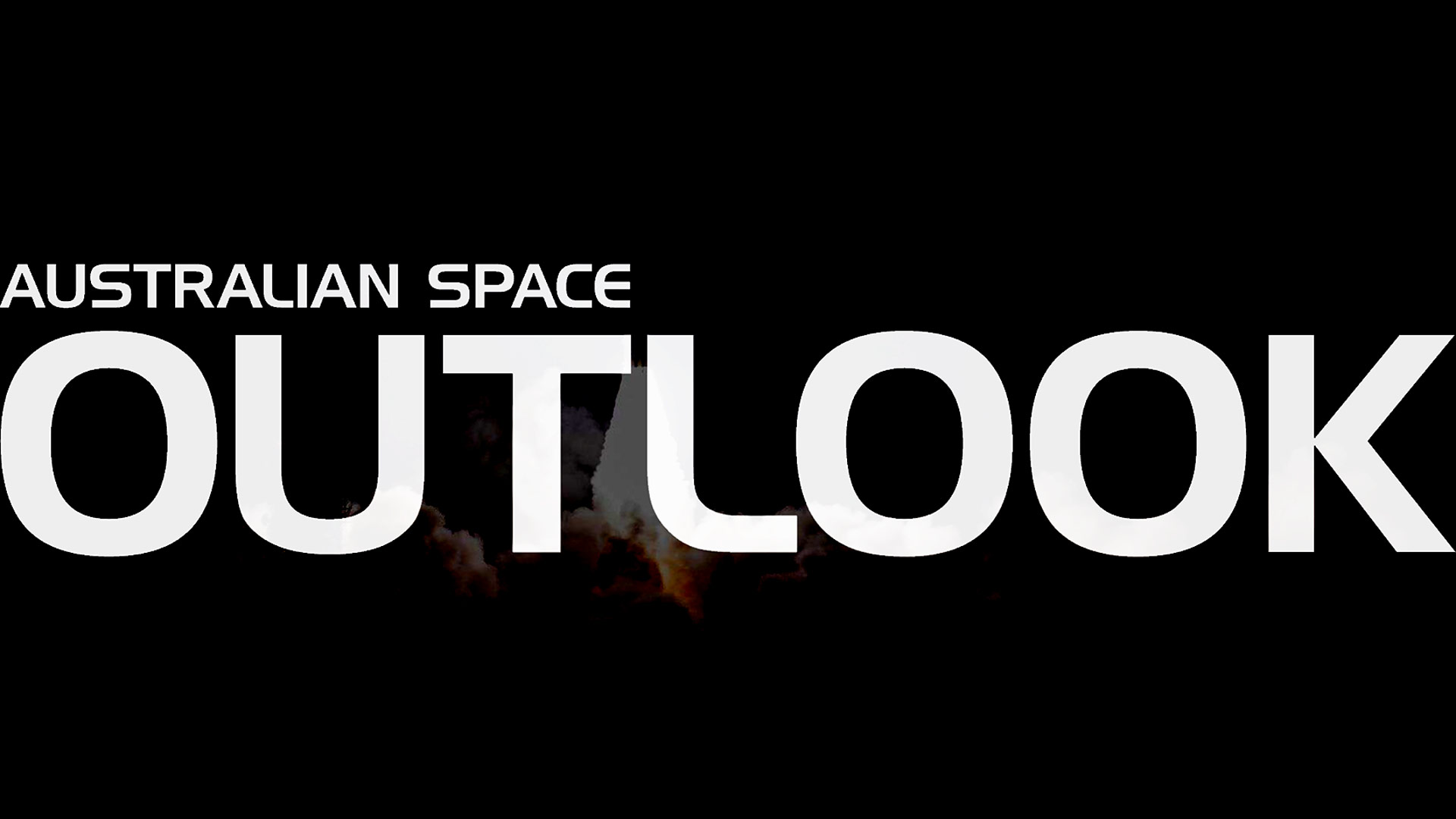Rocket test proves bacteria survive space launch and re-entry unharmed
A world-first study has proven microbes essential for human health can survive the extreme forces of space launch.
RMIT team wins Technical Excellence award at national competition
RMIT's student-led rocket team have continued their legacy of success at the Australian Universities Rocket Competition (AURC), placing second overall and winning the Technical Excellence Award for their design.
Applications open for RMIT and Leidos aviation scholarship
RMIT will again partner with Leidos Australia to offer scholarships to students completing an aviation degree in 2025.
Steady flight of kestrels could help aerial safety soar
A joint study by RMIT and the University of Bristol has revealed secrets to the remarkably steady flight of kestrels that could inform future drone design and flight control strategies.
Aviation student’s pilot training off to a flying start
Five eager aviation students have received scholarships from Leidos Australia that will support budding pilots to complete their studies.
Aerospace Engineering student represents Australia at NASA competition
RMIT’s Jack Emmerson was the only Australian finalist in a NASA-sponsored global competition held in Florida, USA.
Students’ giant magpie glider helps British Consul-General take flight at Moomba Birdman Rally
RMIT students designed and built a glider resembling a giant magpie, which carried the British Consul-General for Victoria above the Yarra River as part of the 2024 Moomba Birdman Rally on Sunday 10 March.
Aussie invention predicts power line faults that can cause bushfires
An early fault detection (EFD) system designed at RMIT University is helping to prevent bushfires and blackouts in North America, Europe and Australia.
3D printed titanium structure shows supernatural strength
A 3D printed ‘metamaterial’ boasting levels of strength for weight not normally seen in nature or manufacturing could change how we make everything from medical implants to aircraft or rocket parts.
New water batteries stay cool under pressure
A global team of researchers and industry collaborators led by RMIT University has invented recyclable ‘water batteries’ that won’t catch fire or explode.
Leidos aviation scholarship takes off with RMIT Aviation Academy
Leidos Australia and RMIT University have launched a new aviation scholarship that will support budding pilots to complete their studies and commence their flying career.
First-in-Victoria spinning simulator to turn heads
RMIT University unveils a new 360-degree rotating VR motion simulator to turbocharge education, training and research.
Nose-like sensor sniffs out toxic ammonia gas
Engineers in Australia have developed a small ammonia gas sensor that could enable safer hydrogen storage and specialised medical diagnostic devices.
Wearable device makes memories and powers up with the flex of a finger
Researchers have invented an experimental wearable device that generates power from a user’s bending finger and can create and store memories, in a promising step towards health monitoring and other technologies.
Coffee offers performance boost for concrete
Engineers in Australia have found a way of making stronger concrete with roasted used-coffee grounds, to give the drink-additive a “double shot” at life and reduce waste going to landfills.
Proton battery promises cheap energy storage that’s kinder to nature
Engineers in Melbourne are vying for pole position in the global race to make a cheap rechargeable battery for storing solar energy that does not rely on scarce natural resources.

